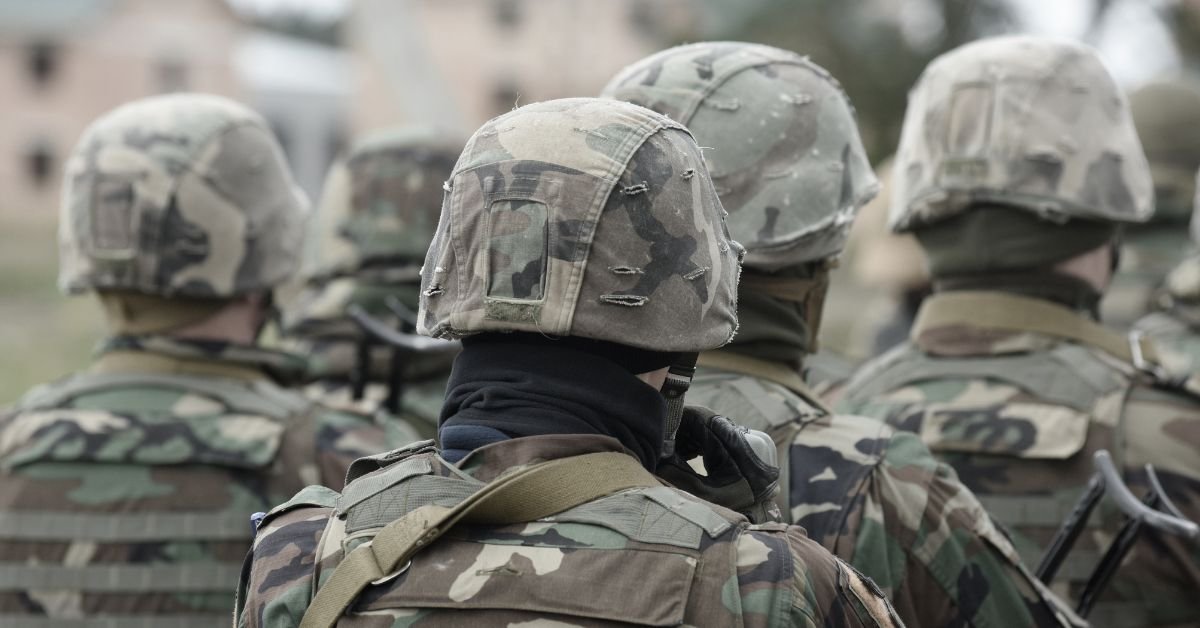Terror strikes Pahalgam: How it affected maritime trade
13 June 2025
A terrorist attack in April 2025 in the contested Kashmir region led to tit-for-tat maritime trade restrictions between India and Pakistan.
By Katie Zeng Xiaojun, Analyst
Kashmir is a region fully claimed by both India and Pakistan, but each country only controls part of it following their partition after gaining independence from Britain in 1947. The two nations have fought two wars over the territory. In recent years, militant attacks have further escalated tensions, pushing both countries to the brink of conflict. Since 1989, Indian-administered Kashmir has experienced an armed insurgency against Indian authority, with militants targeting both security forces and civilians.
On April 22, 2025, a terrorist attack occurred in Baisaran Valley near Pahalgam, in the Anantnag district of Indian-administered Jammu and Kashmir. Gunmen opened fire on a group of tourists, killing 26 civilians and injuring over 20 others. The attack was claimed by The Resistance Front, an offshoot of Pakistan-based group Lashkar-e-Taiba (LeT), and India accused Pakistan of supporting cross-border terrorist attacks.
As a result of the attack, India carried out strikes against militant group targets in Pakistan, which prompted Pakistan to respond with its own strikes against Indian military targets in the contested border area.
During this period of escalating tensions, both India and Pakistan imposed maritime restrictions as part of broader diplomatic and political actions. On 5 May, both countries banned each other’s flagged vessels from accessing their ports, and India halted all imports and transits of Pakistani goods. The Karachi Port Trust further restricted Indian-origin goods and Indian-flagged ships, including indirect routes via third countries.
India heightened port security to ISPS Level 2, with major ports like Mundra and Kandla temporarily suspending cargo operations and going into blackout mode on 9 May. Pakistan also intensified port security. Although a ceasefire on 10 May led to a partial relaxation of these measures, heightened security remained in place.
The maritime restrictions served as a non-military means to escalate the conflict, with India particularly alert to threats from the sea, recalling the 2008 Mumbai attacks. Maritime security thus remained a key concern throughout this duration.
It is likely that in future, even if maritime areas are not affected militarily, trade is likely to be a barometer of relations between both countries. Security levels in ports and tit-for-tat restrictions on maritime trade between India and Pakistan will likely be continuing features of their relationship.
RISK ASSESSMENT REPORTS:
Enhance your decision-making with Risk Intelligence's comprehensive risk assessment reports
Tailored to your needs, our reports offer in-depth analyses of threats for specific operations, regions, or routes. Whether it's the Voyage Risk Assessment for operational readiness or the Security Risk Assessment for strategic planning, our insights equip you with the knowledge to mitigate risks effectively.

